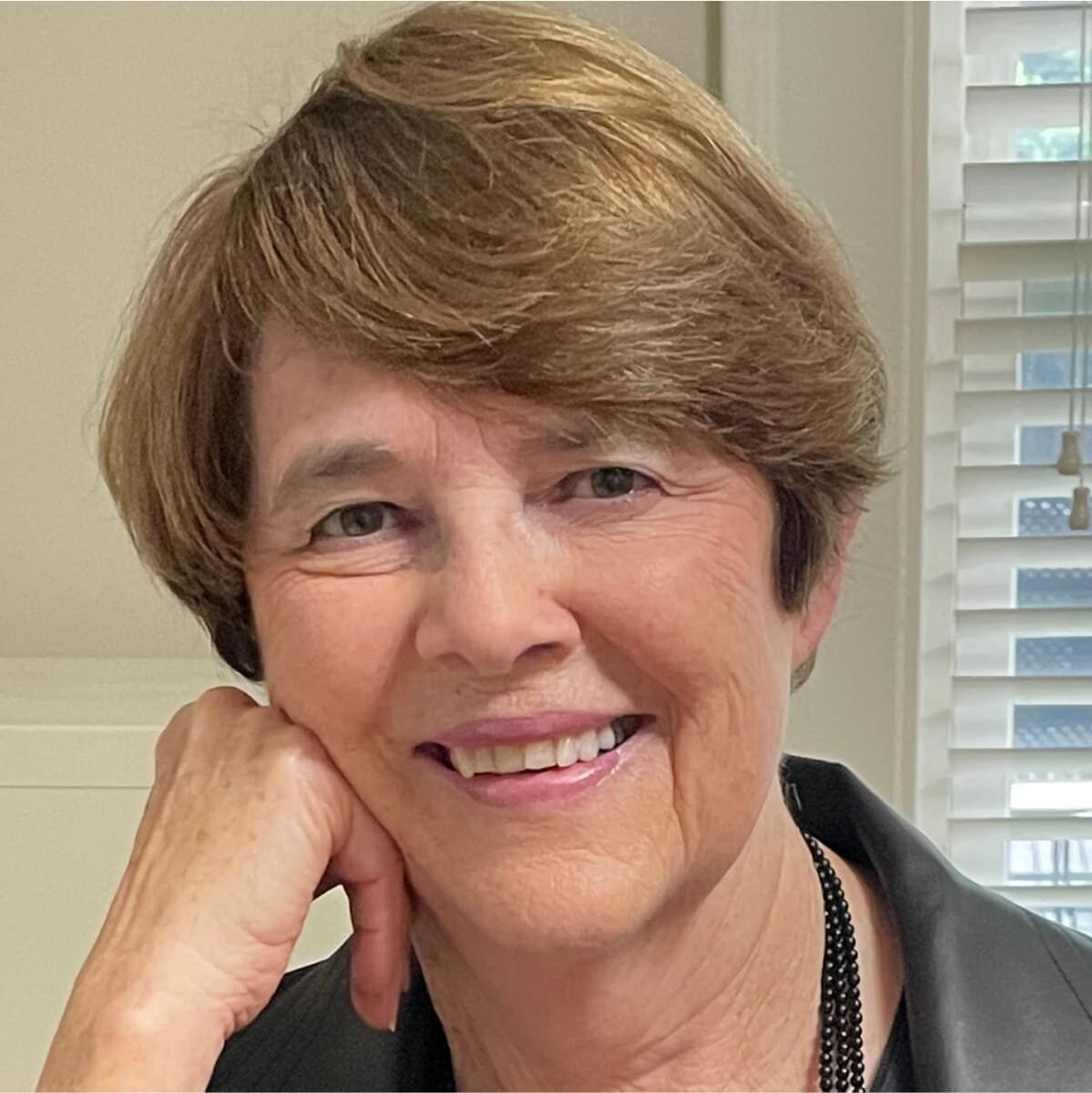
The Juggling Act Continues
May 1, 2022
The cri de coeur from U.S. Supreme Court nominee Kentanji Brown Jackson at her confirmation hearings earlier this spring pierced my heart, too.
“I’m saving a special moment in this introduction for my daughters, Talia and Leila,” now-Justice-Elect Jackson said. “Girls, I know it has not been easy as I’ve tried to navigate the challenges of juggling my career and motherhood. And I fully admit that I did not always get the balance right. But I hope that you’ve seen that with hard work, determination, and love, it can be done. I am so looking forward to seeing what each of you chooses to do with your amazing lives in this incredible country. I love you so much.”
It was a speech I could have recited, practically word-for-word, to my own children in years past. Back in 1985, the first time I wrote an op-ed piece about my own career/motherhood struggles, I thought the onus was on me to figure out how to “do it all, have it all.” How could I be Lois Lane when a sick child needed tending?
Such a mindset, I realized later, let everyone else off the hook. What about more help from one’s partner, one’s employer, one’s government?
For too long, American women have been juggling too much. We have, says author Reshma Saujani, “always participated in a workforce not only not built for us, but that has been stacked against us. I think moms are tired. I think we’re burned out. I think we’re angry.”
Covid-19 made the juggling act infinitely more stressful. Between 2.4 and 4 million women (estimates vary widely) left the work force in the early days of the pandemic. Most departed in order to care for their children because, unlike every other developed nation in the world, the U.S. has no nationally funded system of child care. It’s estimated that more than 1 million of these women still haven’t returned to the workforce.
The idea of government-run child care, by the way, is not a novel one. Remember those posters of Rosie the Riveter? Guess who took care of her kids during World War II so that she could work in the factories for the war effort? The answer is: Uncle Sam. But when the war ended, so did the program.
Eight decades later, the Biden Administration’s “Build Back Better” bill, introduced in the Congress last year, would have inserted government back into the game and would have been a transformable investment in children and caregiving. Today, though, that bill is essentially dead.
Most employers are complicit in the child care problem, too. While it’s estimated that one-third of the U.S. workforce, or about 50 million workers, has a child under age 14, less than 11 percent of U.S. employers today subsidize some form of child care, according to Pay Up: The Future of Women and Work by Reshma Saujani (Atria/One Signal Publishers, March 2022).
Then there is the ‘mom guilt’ issue, which arises as mothers try valiantly to get the career/motherhood balance right. When I had young children during my earlier years as a journalist and editor, I begat enough guilt for 10 mothers. In my mind, at least, something – or someone – always suffered. (Interestingly, I’ve never heard about a ‘dad guilt’ issue.)
Lara Bazelon, an author and law professor, offers a suggestion on how to smite mom guilt. We must, she says, redefine what it means to be a good mother.
“The truth is,” Bazelon writes in The Atlantic, “that motherhood is as beautiful as it looks on the congratulation cards, but it can also be a mess. It’s important to be honest about this. No real change is possible until working mothers stop trying to be all things to all people – perfect at work, perfect as partners, and perfect as mothers, with each role kept entirely separate.”
Well, true enough. In actuality, though, millions of women across America will continue, every single day, to tweak their career/motherhood balance sheet in order to render it “just right”. It’s way past time for our partners, our employers, and our government to become weightier partners in this high-wire act.

Jan Collins is a Columbia, South Carolina-based journalist, editor, and author. A former Nieman Fellow at Harvard and former Congressional Fellow in Washington, D. C., she is the coauthor of Next Steps: A Practical Guide to Planning for the Best Half of Your Life (Quill Driver Books, 2009).